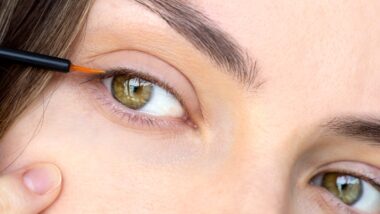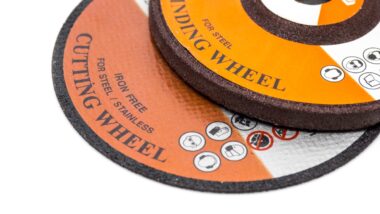Top Class Actions’s website and social media posts use affiliate links. If you make a purchase using such links, we may receive a commission, but it will not result in any additional charges to you. Please review our Affiliate Link Disclosure for more information.
This settlement is closed!
Please see what other class action settlements you might qualify to claim cash from in our Open Settlements directory!
Medical Device Overview
A medical device is an instrument used in the diagnosis, treatment or measurement of a medical condition. If an instrument has a medical use or medical claims are made regarding its use, the item is considered a medical device. Everything from a tongue depressor to an MRI machine fits in a medical device category.
What Is the FDA’s Definition of a Medical Device?
The U.S. Food and Drug Administration (FDA) uses the definition of a medical device provided by Section 201(h) of the Food, Drug and Cosmetic Act, which says a medical device is an instrument, apparatus, implement, machine, implant, in vitro reagent, or similar accessory that meets the following criteria.
- The item must be recognized in the official National Formulary or the United States Pharmacopoeia or any supplement to either publication.
- The item must be intended to be used to diagnose a disease or other condition or to work in the cure, mitigation, treatment, or prevention of disease in man or other animals, or
- Must be intended to affect a bodily function of man or animals without the primary intended purpose being a chemical action within or on the body and does not need to be metabolized for the achievement of its primary intentions.
How Are Medical Devices Classified?
The FDA uses designations of Class I, Class II and Class III to regulate medical devices based upon their risks and the regulations needed to ensure their safety and effectiveness. Class I generally means the apparatus poses a low to moderate risk of harm to a patient; Class II poses a moderate to high risk, and Class III poses the highest risk.
Nearly 1,700 different generic kinds of devices are grouped into 16 defined medical specialties the FDA calls panels. Each one of the generic types of devices fits into one of the regulatory classes and is subject to specific regulatory controls.
What Are Some Legal Issues Regarding Medical Devices?
A number of medical devices have been subject to recall in recent years after they were found to be defective or found to cause too much risk of harm.
In 2018, a study from Temple University found that IVC filters are more dangerous than the condition the devices were attempting to treat. IVC filters are tiny cages implanted within the inferior vena cava to prevent blood clots from traveling to the heart and lungs. These IVC filters have been documented to break, migrate or perforate blood vessels. In at least one case, a large blood clot pushed an IVC filter all the way to a patient’s heart and proved fatal.
A wound-healing powder called MicroMatrix also is a medical device even though there are no mechanical parts to it. Certain lots of MicroMatrix wound dressing powder made by ACell was recalled after laboratory tests found high levels of endotoxin contamination within the powder. Endotoxins can cause adverse reactions in humans, including fever, infection, septic shock, and even death.
Surgical staplers made by Ethicon, a subsidiary of Johnson & Johnson, were subject to recall after reports of malformed staples caused serious injuries and at least one death. The family of a patient who died filed a wrongful death lawsuit and was awarded millions of dollars in damages.
What Is the MAUDE Database?
The Manufacturer and User Facility Device Experience (MAUDE) is the FDA’s collection of reports of adverse events that involve medical devices. The MAUDE database is available to the public and to health care providers in order to help them all make better informed decisions about medical care.
In 2019, a secret Alternative Summary Report (ASR) database came to light. The FDA had allowed ASR spreadsheets to be submitted since 1997 that were kept from both health care workers and the public. In fact, doctors had no idea the ASR database even existed.
The Ethicon surgical staplers that were recalled in October 2019 were the subject of more than 56,000 ASR reports between 2011 and 2018. That means more than 56,000 incidents of the staplers improperly functioning were reported to the FDA’s hidden database, which prevented surgeons and patients from reading about the complications for years.
When asked why the ASR program was not available to health care workers or the public, the FDA said, “ASR reports were not made publicly available because they were not submitted in a format compatible with the public database.”
The FDA formally ended the ASR program in June 2019 and made all reports received through the secret database available through links on the FDA’s website.














